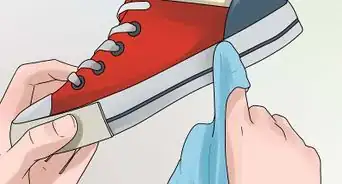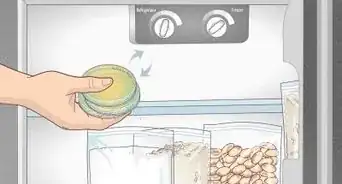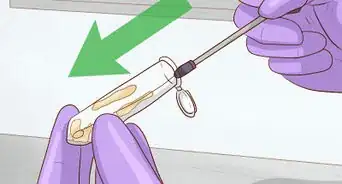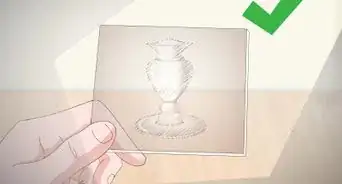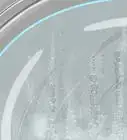This article was co-authored by wikiHow staff writer, Janice Tieperman. Janice is a professional and creative writer who has worked at wikiHow since 2019. With both a B.A. and M.A. in English from East Stroudsburg University, she has a passion for writing a wide variety of content for anyone and everyone. In her free time, you can find her working on a new crochet pattern, listening to true crime podcasts, or tackling a new creative writing project.
There are 10 references cited in this article, which can be found at the bottom of the page.
This article has been viewed 25,739 times.
Learn more...
A one-sided mirror, otherwise known as a two-way mirror, creates a cool illusion where 1 side of the glass is reflective and the other is dark. This can help you add a sense of privacy to your home, and can also be a useful addition to certain workspaces, like a police station or hospital.[1] While you can get one-way glass installed in your home professionally, you can easily create a one-sided mirror of your own using two-way window film along with a section of glass or a pre-existing window. It only takes a few minutes to apply the film, and then a few days for the film to dry completely. To get the most out of your mirror, adjust the lighting on both sides of the glass to make the illusion really powerful.
Steps
Prepping the Glass
-
1Choose a window or piece of glass to turn into a one-sided mirror. Grab a blank section of glass, or find a window in your home that you’d like to turn into a one-sided mirror. Keep in mind that one-sided mirrors are more like windows, and help you secretly see into another area without being detected.[2]
- Typically, one-sided mirrors are used in places like police questioning rooms, where police officers can observe the suspect without the suspect seeing them.[3]
-
2Trim two-way mirror film to match the size of your glass. Measure the sides of your glass or windowpane and jot the measurements down on a separate sheet of paper. Lay out a section of two-way mirror film on a flat surface, then cut out a section of film that roughly matches the dimensions of your glass or window. It’s okay if the measurements aren’t exact—you can always cut off the excess later. Always have more film than you need, so the glass is completely covered.[4]
- You can purchase two-way mirror film online.
- You’ll have an easier time cutting the film with a retractable knife, as opposed to a pair of scissors.
Advertisement -
3Clean off both sides of the glass. Spritz glass cleaner on both sides of your window or glass. Wipe down any smudges or dirt with a clean cloth, so the two-way mirror film will look clean and clear later on.[5]
-
4Wipe off any dust or smudges with a microfiber cloth. Grab a microfiber cloth and look for any leftover lint, dust, or grime that’s still stuck to the window. Brush away any visible blemishes from the glass or window so the surface will look clean beneath the two-way film.[6]
-
5Slip on some gloves so the glass stays clean. Look for a pair of disposable gloves, which will prevent you from getting your fingerprints on the glass or two-way window film. If possible, avoid handling the film with your bare hands.[7]
- Any kind of latex or rubber gloves will work well for this.
-
6Stick 2 sections of clear tape along the shortest, top edge of your film. Rip away a small square of clear tape and press it along the top, upper edge along 1 side of the film. Repeat this process by placing another square of tape on the top, upper edge along the opposite side of the film. At this point, the sticky sides of both tape pieces will be facing one another.[8]
- Don’t stick these pieces of tape together or let them overlap.
-
7Pull the protective layer off the rest of the film. Pinch both pieces of tape with your fingers and slowly drag the liner away from the sticky portion of the film. Continue pulling the piece of tape backward until the liner is completely peeled away, and the sticky side is totally exposed.[9]
Applying the Window Film
-
1Create a soapy water solution in a spray bottle. Take an empty, 32 fl oz (950 mL) spray bottle and fill it with lukewarm water. Mix in around 6-8 drops of gentle soap or baby shampoo into the water until suds form.[10]
-
2Spray the surface of the glass and the film with the solution. Coat the entire surface of your glass or window with soapy water, as this will help the film stay put. Once you’ve done this, spritz a large amount of soapy water over the sticky, exposed surface of your two-way window film.[11]
- It may help to have someone else hold the film while you spray over it.
-
3Center the film over the glass on the side you want to be dark. Pinch the sides of the wet film and arrange it face-down on the center of the wet glass. Shift the film around with your fingers to tweak the film and make sure it’s centered over the glass or window. If you’re having trouble adjusting the film, pull back a corner of the film and spritz a small amount of soapy water beneath it.[12]
- Double-check that the film is exactly the way you want it before you continue.
- Be sure to position the film on the side of the “participant,” and not the “observer.” The participant will only see a tinted section of glass, while the observer will have a transparent view of the participant.
-
4Squeegee out any bubbles or wrinkles in the film. Grab a car squeegee and cover it with a towel so you don’t scratch the surface of your film. Start from the middle of the film and work your way out, forcing away any bubbles and wrinkles as you go. Repeat this process until the film is completely smooth.[13]
- Don’t worry if there are a few tiny bubbles leftover in the film—these will go away on their own.
-
5Blot away any leftover moisture on the glass. Press a towel or clean microfiber cloth along the surface to soak up any leftover soapy water on your two-way window film. Don’t rub or swipe with the cloth—instead, focus on dabbing and soaking up the moisture instead.[14]
-
6Trim away any excess film from the mirror. Take a retractable knife and go around the edges of the window or glass. Remove any extra scraps and make sure the film evenly covers the surface of your window or glass.[15]
-
7Spritz more solution over the film and go over the film with a squeegee. Get the surface of the film wet one more time to ensure that the film is really stuck to the glass. Squeegee from the center of the film and work your way out.[16]
-
8Wait several days for the film to dry. Don’t touch or mess around with the film—instead, wait 3-4 days for the film to adhere fully to the glass. Once the film is completely dry, you’ll be ready to use your new one-sided mirror![17]
Adjusting the Lighting
-
1Turn the lights up on the side of the mirror without any film. Keep in mind that one-sided mirrors have an observer and a participant, with only the observer being able to see what the participant is doing. Check that the participant’s side of the window is very well-lit, which makes it extra difficult to see through the tinted glass.[18]
- For instance, you can set up a lamp or 2 in the room, or place a bright overhead lamp in the area.
https://sightandsoundindia.com/custom-home-theatre/
-
1
- If your film is on an exterior window, you don’t have to worry about lighting as much.
-
2Keep the “observation” side of the mirror as dark as possible. Check that the lights on the “observer” side are dimmed, which makes it extremely difficult for the participant to notice anything behind the glass. If necessary, set up blackout curtains, which will make the area even darker.[19]
- You can also paint the room a dark color to help blend in.
-
3Test your new mirror. Ask someone to stand on the “participant” side of the mirror, while you stand on the “observer” side. Call or text the other person and ask if they can see you. With the two-way film and the lighting set-up, you should be totally invisible to the other person![20]
Things You’ll Need
- Two-way mirror film
- Glass
- Glass cleaner
- Soapy water solution
- Spray bottle
- Microfiber cloth
- Gloves
- Clear tape
- Squeegee
- Retractable knife
References
- ↑ http://www.thecapras.org/mcapra/UXArticles-BuildAOneWayMirror.html
- ↑ https://m.youtube.com/watch?v=2MDh7uyKcNc&t=3m35s
- ↑ http://www.thecapras.org/mcapra/UXArticles-BuildAOneWayMirror.html
- ↑ https://www.twowaymirrors.com/wp-content/uploads/2017/05/two-way-mirror-installation-guide.pdf
- ↑ https://www.twowaymirrors.com/wp-content/uploads/2017/05/two-way-mirror-installation-guide.pdf
- ↑ https://www.twowaymirrors.com/wp-content/uploads/2017/05/two-way-mirror-installation-guide.pdf
- ↑ https://m.youtube.com/watch?v=2MDh7uyKcNc&t=4m37s
- ↑ https://m.youtube.com/watch?v=2MDh7uyKcNc&t=4m50s
- ↑ https://m.youtube.com/watch?v=2MDh7uyKcNc&t=5m17s
- ↑ https://www.twowaymirrors.com/wp-content/uploads/2017/05/two-way-mirror-installation-guide.pdf
- ↑ https://www.twowaymirrors.com/wp-content/uploads/2017/05/two-way-mirror-installation-guide.pdf
- ↑ https://www.twowaymirrors.com/wp-content/uploads/2017/05/two-way-mirror-installation-guide.pdf
- ↑ https://m.youtube.com/watch?v=2MDh7uyKcNc&t=5m44s
- ↑ https://m.youtube.com/watch?v=2MDh7uyKcNc&t=6m40s
- ↑ https://www.twowaymirrors.com/wp-content/uploads/2017/05/two-way-mirror-installation-guide.pdf
- ↑ https://m.youtube.com/watch?v=2MDh7uyKcNc&t=6m40s
- ↑ https://www.twowaymirrors.com/wp-content/uploads/2017/05/two-way-mirror-installation-guide.pdf
- ↑ https://twowaymirrors.com/wp-content/uploads/2017/02/Two-Way-Mirror-Brochure.pdf
- ↑ https://twowaymirrors.com/wp-content/uploads/2017/02/Two-Way-Mirror-Brochure.pdf
- ↑ https://m.youtube.com/watch?v=2MDh7uyKcNc&t=7m46s
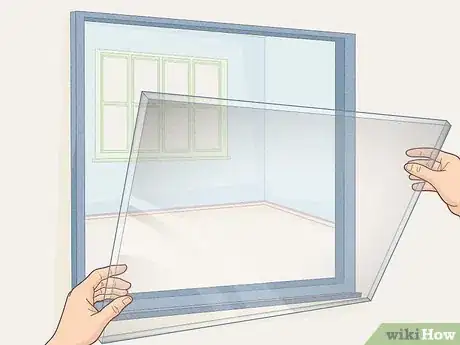
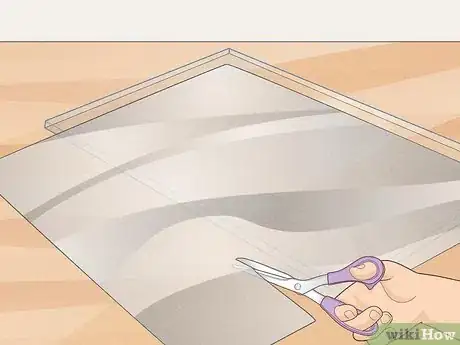
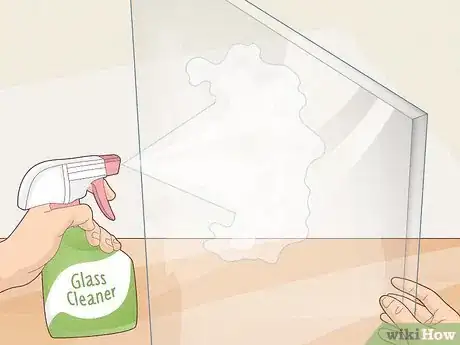
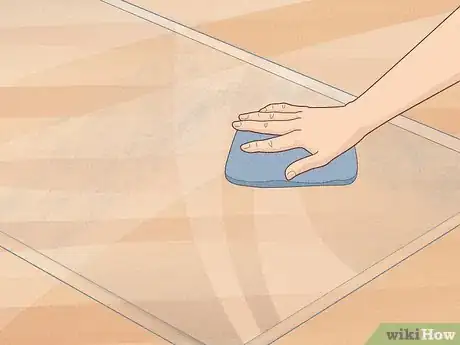
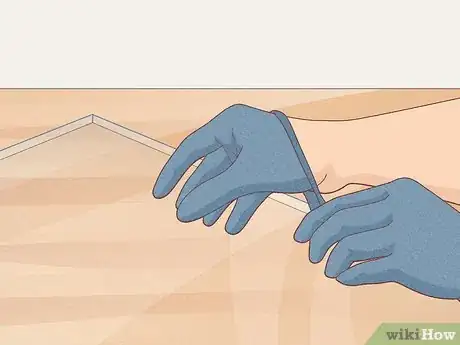
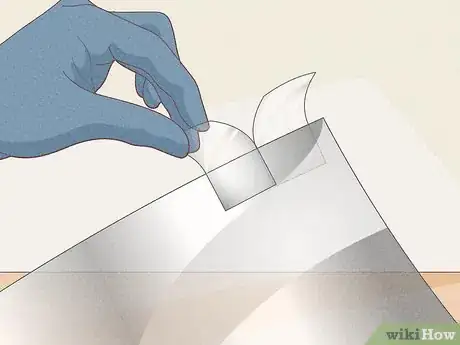
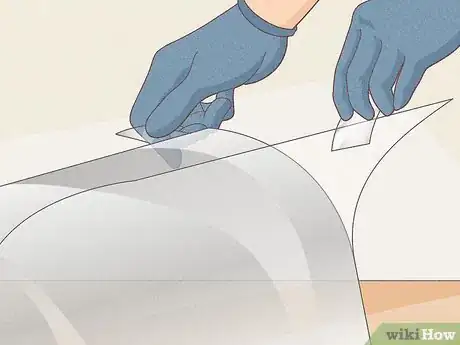
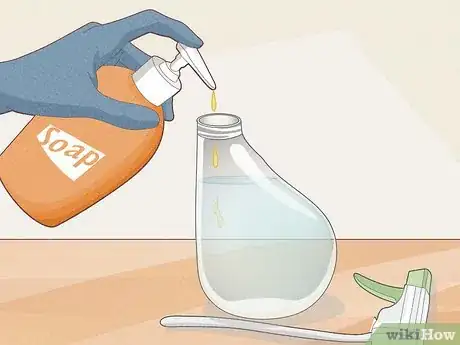
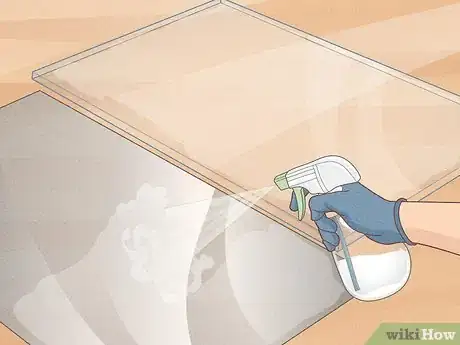

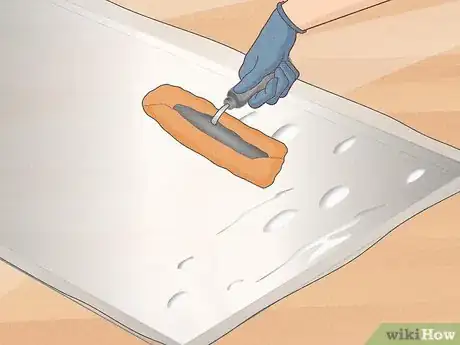
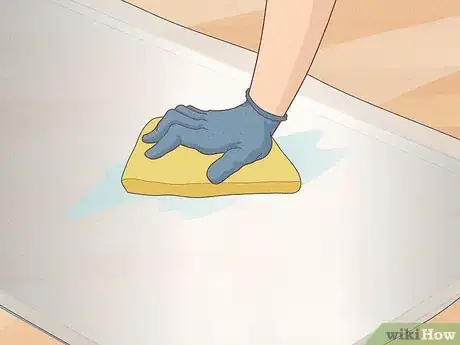

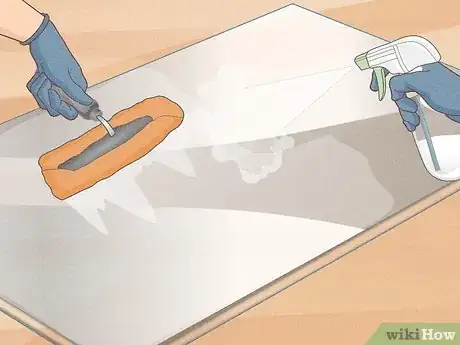
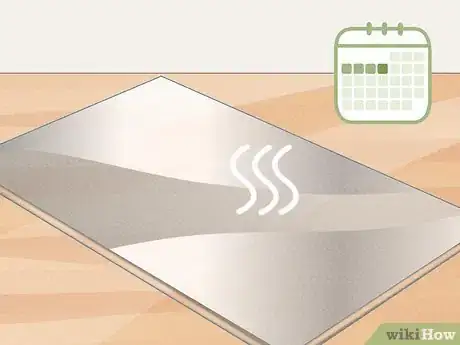

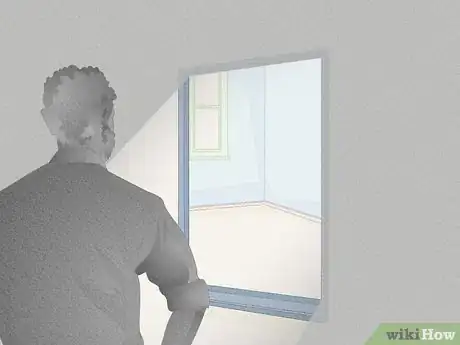
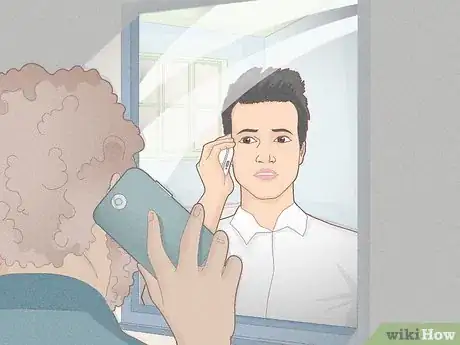
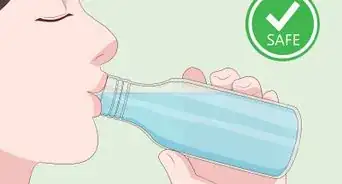
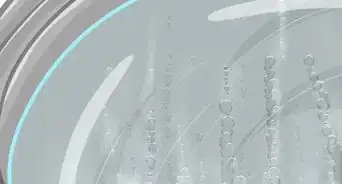

-Electric-Shock-Step-9.webp)

